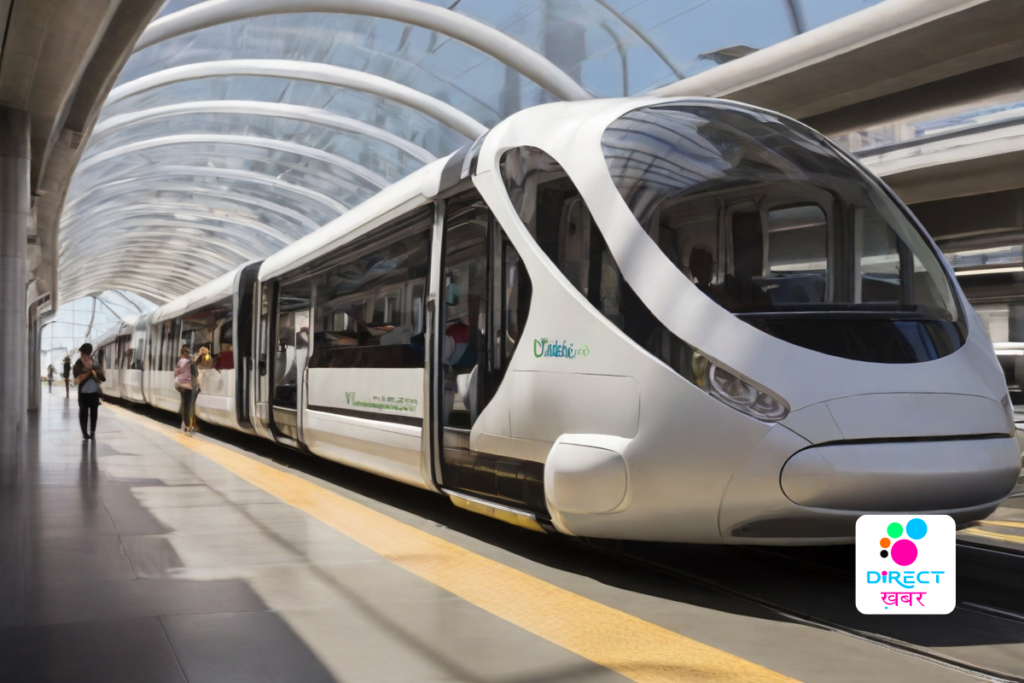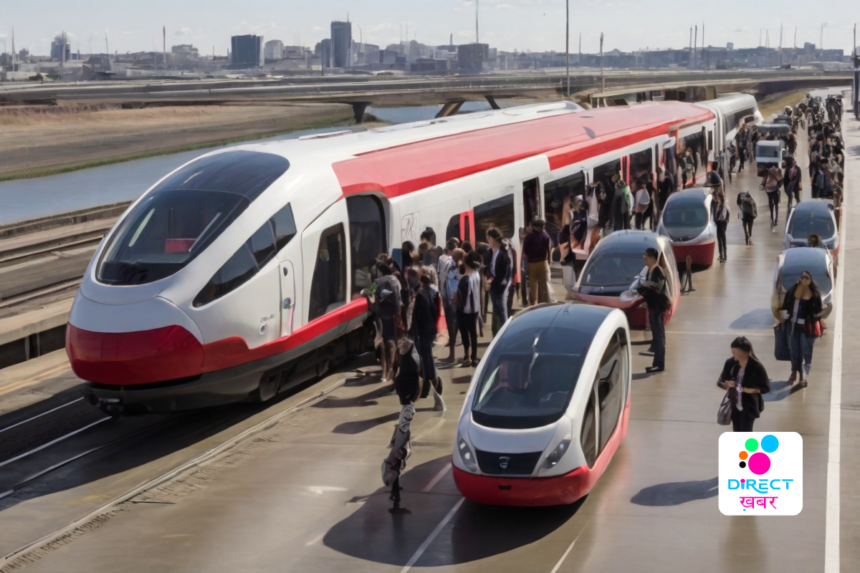Driving Innovation: How Transportation Businesses Stay Ahead in a Competitive Market
In today’s fast-paced world, transportation businesses face intense competition. To stay ahead, they must continuously innovate. This article explores various strategies and examples of how transport business companies innovate to maintain their competitive edge.

Embracing Technological Advancements:
Integration of AI and Machine Learning: Transportation companies are leveraging AI and machine learning algorithms to optimize route planning, enhance operational efficiency, and predict maintenance needs. For instance, companies like Uber and Lyft utilize AI algorithms to match drivers with passengers more effectively, reducing wait times and enhancing user experience.
IoT and Telematics: IoT devices and telematics systems installed in vehicles provide real-time data on vehicle performance, driver behavior, and route optimization. This data helps companies make informed decisions to improve fuel efficiency, reduce maintenance costs, and ensure driver safety.
Electric and Autonomous Vehicles: With the rise of electric and autonomous vehicle technology, transport businesses are investing in cleaner and more efficient fleets. Companies like Tesla and Waymo are leading the way in developing electric and autonomous vehicles, promising to revolutionize the transportation industry in the coming years.
Enhancing Customer Experience:
Seamless Booking and Payment Systems: Transportation companies are investing in user-friendly mobile apps and online platforms that allow customers to easily book rides, track their journey in real-time, and make secure payments. This convenience enhances customer satisfaction and loyalty.
Personalized Services: By analyzing customer data and preferences, transportation companies can offer personalized services tailored to individual needs. For example, airlines use data analytics to offer customized travel packages and loyalty programs, enhancing the overall travel experience.
Sustainability Initiatives: Consumers are increasingly concerned about environmental sustainability. Transportation companies are responding by introducing eco-friendly initiatives such as carbon offset programs, electric vehicle fleets, and sustainable fuel options, appealing to environmentally conscious customers.

Streamlining Operations:
Supply Chain Optimization: Transportation companies are adopting advanced supply chain management systems to streamline logistics and reduce costs. By optimizing routes, inventory management, and distribution networks, companies can improve efficiency and responsiveness to customer demand.
Agile Workforce Management: Flexible workforce management solutions enable transportation companies to adapt quickly to fluctuating demand and market conditions. By employing technologies like workforce scheduling software and gig economy platforms, companies can optimize staffing levels and reduce labor costs.
Data-Driven Decision Making: Data analytics tools empower transportation businesses to make data-driven decisions across all aspects of operations, from fleet management to customer service. By analyzing large volumes of data in real-time, companies can identify trends, detect potential issues, and make proactive adjustments to improve performance and profitability.
Collaborating with Partners and Stakeholders:
Strategic Partnerships: Collaboration with other businesses, government agencies, and industry stakeholders can create synergies and drive innovation. For example, transportation companies may partner with technology firms to develop new mobility solutions or collaborate with local governments to improve infrastructure and regulatory frameworks.
Open Innovation Platforms: Some transportation companies create open innovation platforms that invite external contributors, such as startups, researchers, and customers, to co-create new products and services. By tapping into a diverse range of expertise and ideas, companies can accelerate innovation and stay ahead of the competition.

Industry Associations and Forums: Participation in industry associations and forums allows transportation companies to exchange knowledge, share best practices, and stay informed about emerging trends and technologies. These networks provide valuable opportunities for collaboration and learning from peers.
Innovation is essential for transportation businesses to thrive in competitive markets. By embracing technological advancements, enhancing customer experience, streamlining operations, and collaborating with partners and stakeholders, companies can stay ahead of the competition and drive sustainable growth. Continuous innovation is not only a strategic imperative but also a key driver of success in the dynamic transportation industry.






